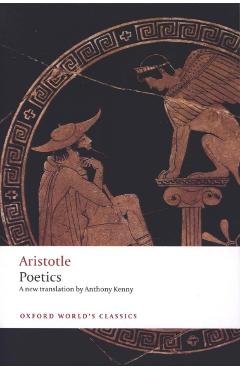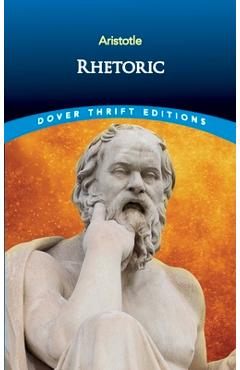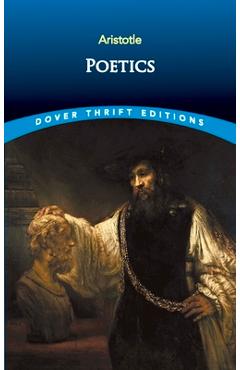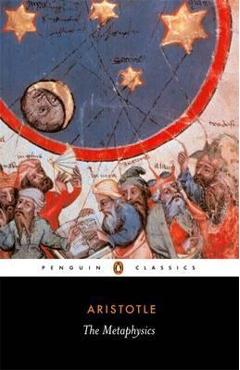Physics

Detalii Physics
Produs actualizat în urmă cu 3 luni
Descriere YEO:
Descriere magazin:
For many centuries, Aristotle\'s Physics was the essential starting point for anyone who wished to study the natural sciences This book begins with an analysis of change, which introduces us to Aristotle\'s central concepts of matter and form, before moving on to an account of explanation in the sciences and a defence of teleological explanation. Aristotle then turns to detailed, important, and often ingenious discussions of notions such as infinity, place, void, time, and conintuity. He ends with an argument designed to show that the changes we experience in the world demand as their cause a single unchanging cause of all change, namely God. This is the first complete translation of Physics into English since 1930. It presents Aristotle\'s thought accurately, while at the same time simplifying and expanding the often crabbed and elliptical style of the original, so that it is very much easier to read. A lucid introduction and extensive notes explain the general structure of each section of the book and shed light on particular problems. ABOUT THE SERIES: For over 100 years Oxford World\'s Classics has made available the widest range of literature from around the globe. Each affordable volume reflects Oxford\'s commitment to scholarship, providing the most accurate text plus a wealth of other valuable features, including expert introductions by leading authorities, helpful notes to clarify the text, up-to-date bibliographies for further study, and much more.

Physics - Disponibil la libris.ro
Pe YEO găsești Physics de la Aristotle, în categoria Science.
Indiferent de nevoile tale, Physics din categoria Science îți poate aduce un echilibru perfect între calitate și preț, cu avantaje practice și moderne.
Preț: 72.26 Lei
Caracteristicile produsului Physics
- Brand: Aristotle
- Categoria: Science
- Magazin: libris.ro
- Ultima actualizare: 28-10-2025 01:22:05
Comandă Physics Online, Simplu și Rapid
Prin intermediul platformei YEO, poți comanda Physics de la libris.ro rapid și în siguranță. Bucură-te de o experiență de cumpărături online optimizată și descoperă cele mai bune oferte actualizate constant.
Descriere magazin:
For many centuries, Aristotle\'s Physics was the essential starting point for anyone who wished to study the natural sciences This book begins with an analysis of change, which introduces us to Aristotle\'s central concepts of matter and form, before moving on to an account of explanation in the sciences and a defence of teleological explanation. Aristotle then turns to detailed, important, and often ingenious discussions of notions such as infinity, place, void, time, and conintuity. He ends with an argument designed to show that the changes we experience in the world demand as their cause a single unchanging cause of all change, namely God. This is the first complete translation of Physics into English since 1930. It presents Aristotle\'s thought accurately, while at the same time simplifying and expanding the often crabbed and elliptical style of the original, so that it is very much easier to read. A lucid introduction and extensive notes explain the general structure of each section of the book and shed light on particular problems. ABOUT THE SERIES: For over 100 years Oxford World\'s Classics has made available the widest range of literature from around the globe. Each affordable volume reflects Oxford\'s commitment to scholarship, providing the most accurate text plus a wealth of other valuable features, including expert introductions by leading authorities, helpful notes to clarify the text, up-to-date bibliographies for further study, and much more.

Produse asemănătoare
Produse marca Aristotle
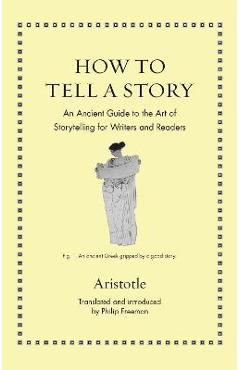
How to Tell a Story: An Ancient Guide to the Art of Storytelling for Writers and Readers - Aristotle
![]() libris.ro
libris.ro
Actualizat in 28/10/2025
105.74 Lei
